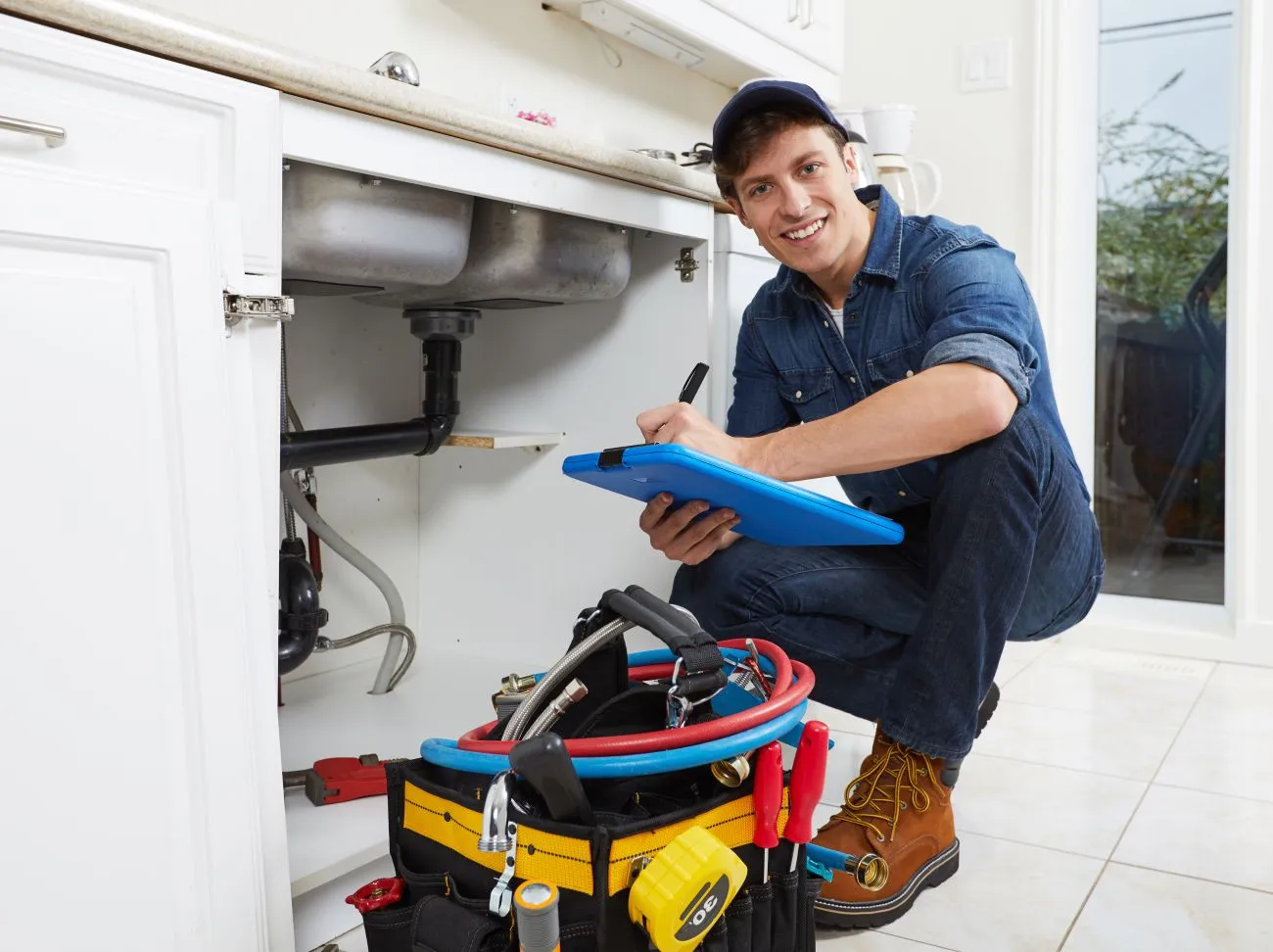Finding the right plumber can feel tricky at first, but it is a process that is important to get right. Using an unlicensed or unqualified plumber can result in minor mistakes, which if left untouched, can turn into expensive repairs down the line. A good plumber is one that performs repairs and installations properly while not overcharging their clients.
No matter if you need to fix a small leak or have new fixtures and appliances installed, this guide will help ensure the hiring process goes smoothly.
Perform Independent Research to Avoid Being Overcharged
Before getting into contact with a plumber, it is good to do some research, so you aren’t going into the project blind. For a basic repair job, whether that is to fix a leaky water heater or replace a shower head, you can find relatively accurate estimates online. A quick search can end up saving you tons, as there are unfortunately plumbers that overcharge unknowing clients.
If you require an expert for a larger project, you may need to take more time to approximate the cost. A few things to nail down before hiring a plumber for a big project are:
- A budget;
- A list of amenities needed, and;
- The square footage being renovated.
Once you have acquired this information, don’t be afraid to shop around. Getting multiple quotes is a great way to find the best price and quality possible.
Look For Plumbers That Are Licensed and Possess Insurance
You can find plumbers with no credentials that offer cheaper services. However, when hiring them, you run the risk of having the job done incorrectly and suffering increased costs in the long run.
Instead, you should only hire plumbers that possess a state license. Many states mandate that plumbers possess a license. The state can even force you remove any installations made by an unlicensed plumber.
You should also make sure that your plumber is insured. Although it is rare, you can be liable for injuries that occur to an uninsured plumber in your home.
When you are working with a licensed plumber, they will be categorized as a journeyman or master plumber. Depending on the level of professionalism you need and the cost you are willing to accept, the type of plumber you require may change. A plumber with journeyman status will have apprenticed for four to five years and is relatively new to operating alone. Master plumbers have worked for an extensive number of years and usually pass a written test supplied through their state’s Contractors Board.
Secure a Contract and Finalize Payment Expectations
Once you have a plumber that is licensed and insured, make sure to secure a contract. With this contract, you and your new hire will detail all the different tasks that need to be done and the various conditions of the work. Getting a contract is a crucial step to ensuring whatever plumbing job you need is fully completed.
If your plumber requests a deposit in the contract, don’t be deterred as this is a standard practice.
Warning Signs to Keep in Mind and Questions to Ask
It was briefly mentioned that some plumbers take advantage of unknowing clients by overcharging them or operate without a license and insurance. While these are serious issues, they can be easily avoided if you know some clear warning signs. One of the most obvious warning signs is if they refuse to show their license or other credentials. If this occurs, just assume that they don’t possess the required licensing and look for a different plumber.
One great tip to tell if a plumber is a professional is whether they give you a guaranteed price before inspecting the job in person. No legitimate plumber makes guarantees like this, especially without personally inspecting the damage or renovation that needs to be completed.
It should also be highly concerning if your prospective plumbing hire only accepts cash payments. That’s a clear sign something fishy is going on. Even worse, never hire a plumber that expects full payment or excessively large deposits before the job begins.
While these are some crucial signs to look for when hiring a new plumber, the following are some questions to ask them to guarantee they are qualified and can provide you with the services you need:
- Can you provide a warranty for the plumbing work you perform?
- Do you have references I could look at?
- Are you insured with both liability and workman’s comp insurance?
- Do you specialize in a specific aspect of plumbing?
